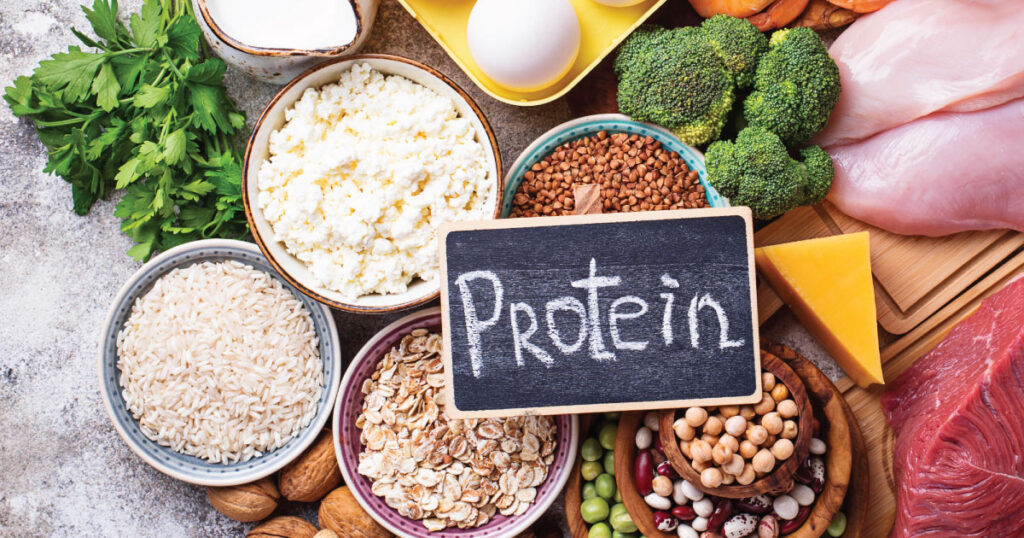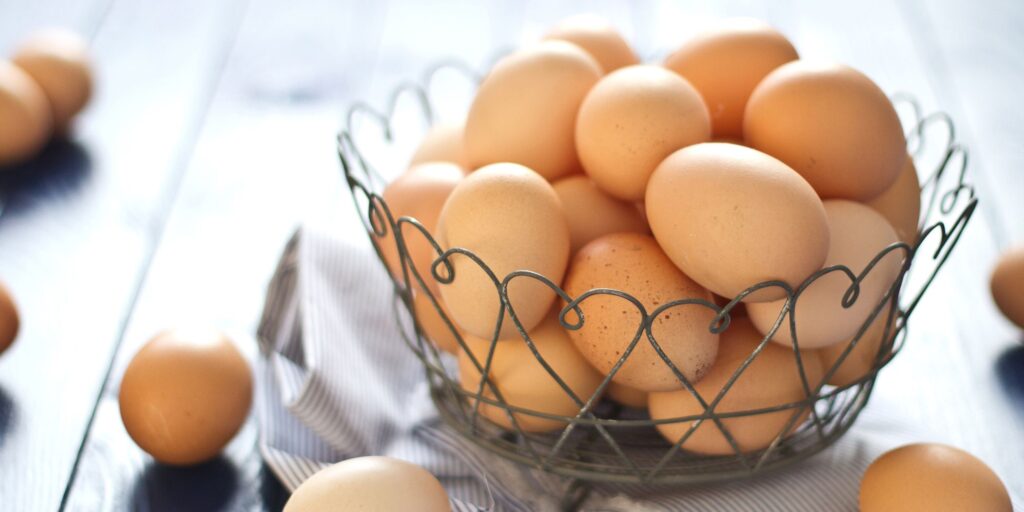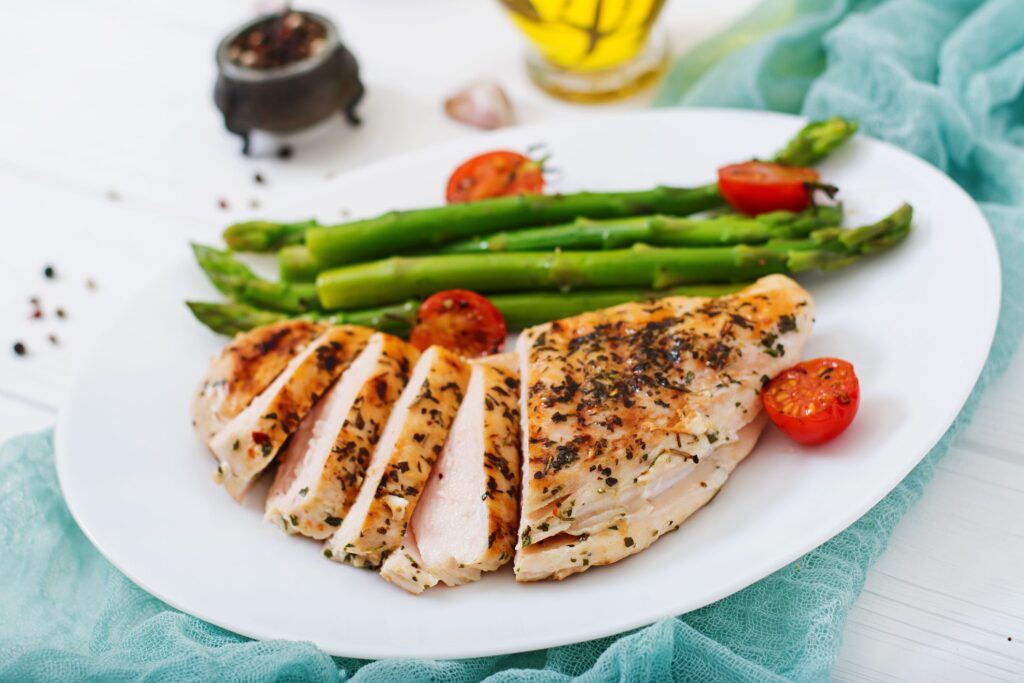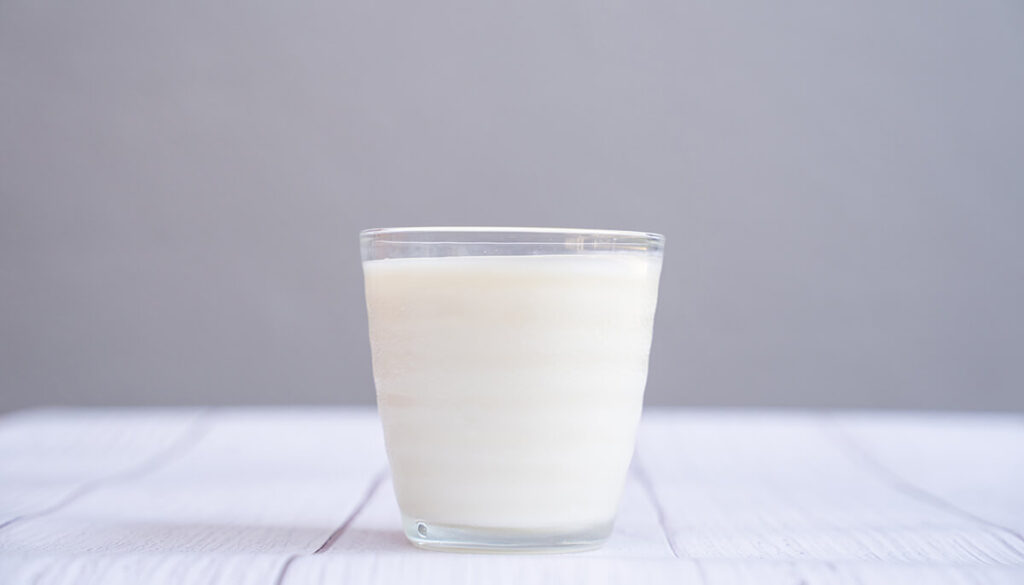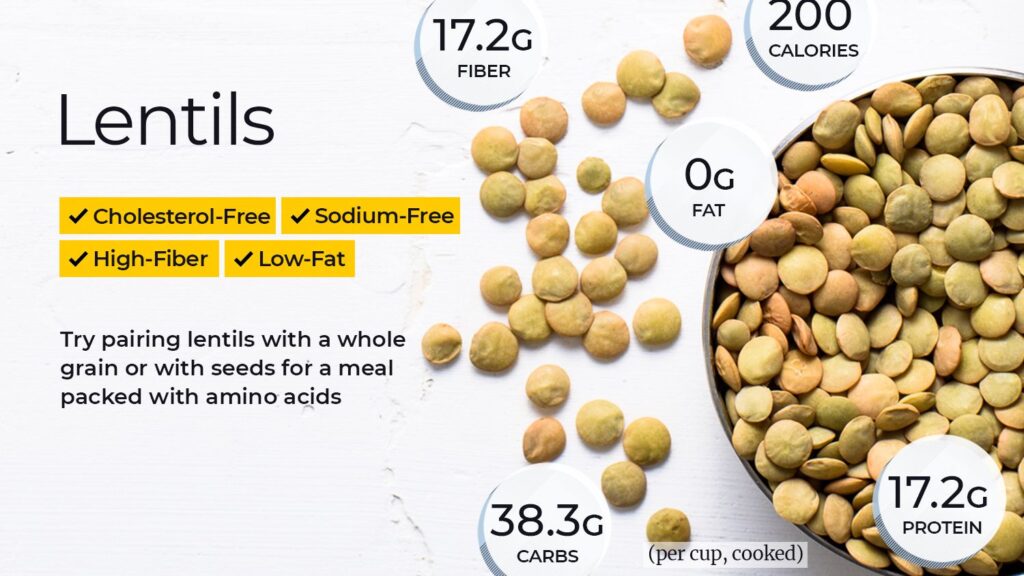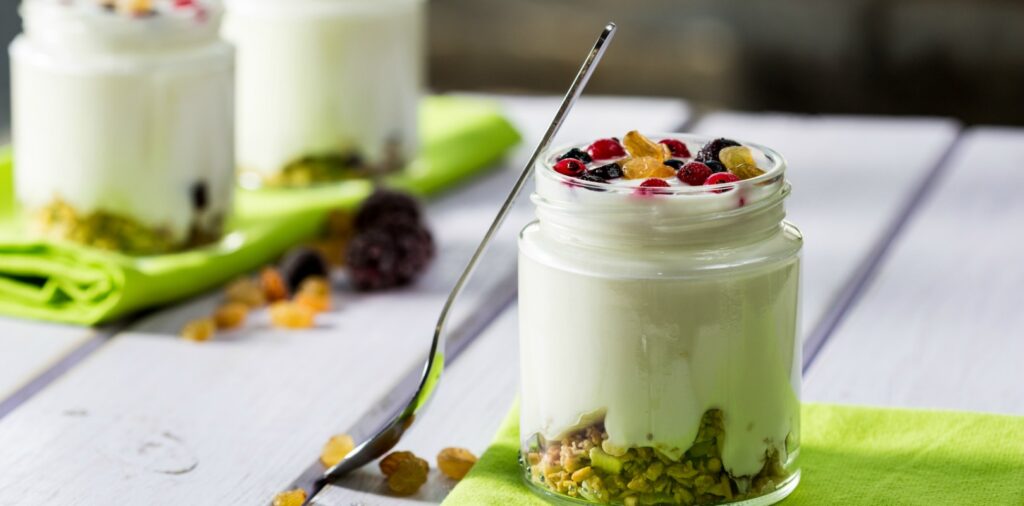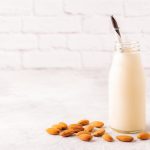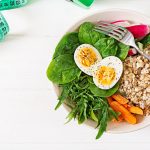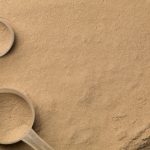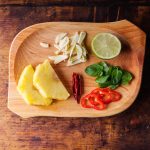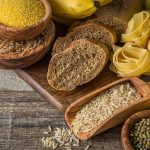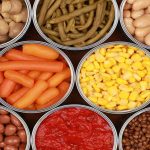Excluding fat and water, the human body is made up of proteins. So what exactly is protein? It’s a macronutrient that makes the building blocks for a normal human body. It’s vital for the repair and growth of tissues and is also extremely important for other functions of the body including the formation of enzymes and hormones.
Do you know lack of protein in the body can lead to impaired functioning and muscle atrophy in the body? No wonder protein is extremely important. When you incorporate a diet that is high in protein, it not only helps in building muscle but also plays a big role in losing weight and keeping you fuller for a longer time. Where eating protein is important, it’s also necessary that you have a balanced diet.
Some of the foods rich in protein are:
- Eggs
- Chicken Breast
- Milk
- lentils
- Greek Yougurt
Eggs:
Yes, eggs. Whole eggs are probably the most nutritious and healthiest food option available these days. They are an excellent source of brain nutrients, healthy fats, minerals, vitamins, and eye-protecting antioxidants. Where whole eggs are extremely high in protein, white eggs are pure protein. Several studies carried out in the last 50 years have shown that people who consume eggs on a daily basis feel fuller as compared to those who eat a bagel for breakfast.
Nutritional composition:
One medium-sized egg (boiled) contains 84 calories – 8.3g protein, 5.7g fat and 1.6g sat fat.
Chicken-breast:
Lean protein is extremely important for your body. It’s a protein that isn’t accompanied by fat. And chicken breast is one of the best sources of lean protein. People who have protein in a moderate amount can maintain good metabolism of their body along with healthy muscle mass. Chicken breasts are inexpensive and relatively versatile, therefore easy to integrate into your diet.
Nutritional composition:
One roasted chicken breast is 53 grams and contains 284 calories.
Milk:
The best way to stay healthy is to have a glass of milk every day. Milk contains almost all the important nutrients that are needed to stay healthy and active. Milk is extremely high in riboflavin (Vitamin B2), phosphorus, and calcium. It’s a very good source of protein. Zero-fat milk or low-fat milk is also available for those who are on a diet and want to reduce their fat intake. For those who are lactose intolerant, soy milk is an alternative though it’s not recommended daily.
Nutritional composition:
One glass of milk has 8g of protein (149 calories) whereas soy milk has 6.3g of protein (105 calories).
Lentils:
Lentils are extremely high in nutrition and low in calories. They are perfect to eat in spreads, salads, crackers, and vegetable platters. Lentils are hassle-free when it comes to cooking. Lentils are a good source of potassium, copper, manganese, folate, iron, magnesium, fiber, and several other nutrients. If you are following a vegetarian diet, lentils are an excellent choice for you as they are a good source of plant-based protein.
Nutritional composition:
One cup of boiled lentils has 18 grams of protein (230 calories).
Greek Yogurt:
Also commonly known as strained yogurt, it is a very thick type of yogurt. In a 200g pot, low-fat plain Greek yogurt provides 19g of protein. People who are following a strict diet or want to lose weight, they should get the one without sugar. You can always get the plain version and jazz it up with some nuts, seeds, or fruits. Honestly, green yogurt pairs well with both sweet and savory dishes. Similar options include full-fat yogurt that has 24% calories and kefir that has 40% calories.
Nutritional composition:
The 6-ounce bottle has 17g protein (100 calories).
